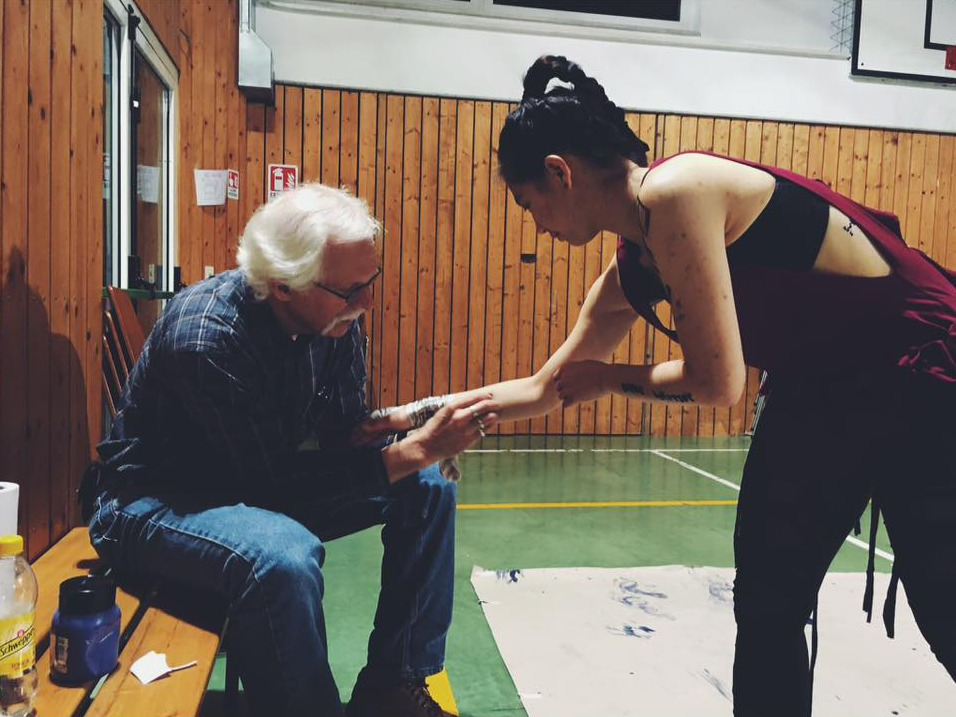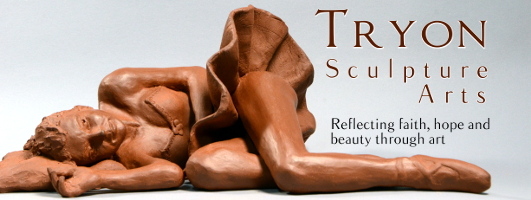
Practicing with Sara Ying
When I applied to be a part of the OM Arts, Incarnate School of Art in Mission in 2016, I expected to have a role as a member of the staff. However, the leadership came to me and let me know that they wanted me to come the first time as an actual student, going through all the material and activities along side of the other students, before coming back as a staff member.
At first, this hit me as a major disappointment, as if they didn’t trust me to be on staff, or believe in what I had to offer. However, once I got past my initial feelings, I began to wonder how this might be the best way to dive into the deeper content of the program (which I had barely scratched the surface of two years earlier in 2014) in a way that would help me breathe life into it later on.
As I came to Italy that year, I discovered a number of factors which actually made the role of “student” ideal for me:
- I was in the thick of it with the other students — studying the materials, sitting with them in class, feeling the same stress of doing the assignments, being a part of collaborative projects, spending time working under deadline in the studio.
- I was a peer in terms of the program. This reduced barriers. My age (20 to 40 years older than most of the other students) was not an issue.
- Working on assignments together created a shared language and experience.
- I spent a lot of time with the students, both in terms of work time (projects, classes, discussions, D-Groups), and play time (going to the river, hanging out in the common areas, staying up late to talk, walking down the street for coffee).
- Being free from the required staff commitments gave me more time to work on the creative and written assignments.
- Since I wasn’t on staff, I was not included in some of the conversations, or the spiritual warfare, which the staff was a part of. This meant I was outside of the loop on what was going on in some of the students’ lives and spiritual development, but it may have also created a subtle level of safety, since the other students could say things to me or around me and not worry about it “getting back to the staff”.
Perhaps this is what it means to model “Incarnation” — when we come along side of people, rather than speaking from a position above.
Shared Experience: Stepping into one of the artist tracks in the program became a key to being incarnational. Being in the Visual Arts track meant I had to be in the studio, along with the students, struggling through the creative process just like they were. Jessica (the Visual Arts mentor) was there too, but she had so many other responsibilities with the many visual arts students, she couldn’t spend consistent time there just being an artist. There was something about being in the same pressure cooker, to have to practice my art alongside them, to face the same deadlines, to share a bottle of wine, to put up my artwork next to theirs in the exhibition, to present an “artist’s talk” like they did. This created the shared experience.
- I came in at their level
- I spent a lot of time with the other students
- intentionally placed limits (boundaries) on myself
- put off the title and role of a leader and led rather by example
- let go of a lot of my pride
- didn’t have any special privileges (eg., Internet passwords)
- came with a an attitude of learning, both from the program and from the other students
- made no pretext that my skills (art) were better or more advanced than any of the others
- shared the same responsibilities and tasks as the students
- spent more time listening
- slept in a shared dorm room just like the other students
- ate along side of them, sitting with different people on different days
- played the same games they played; enjoyed the same jokes and silly times
- participated in various classes some of the students taught, like learning hip-hop (stepping out of my box)
- I laughed along with them when they poked fun at some of my own silly quirks
What the students told me was how they appreciated the wisdom, perspective and life experience I shared with them. As I entered into their world, I brought the reality of who I was, and made it available to the students as my gift to them. I found that being The Chuck meant to be the one to encourage and lift them up, always pointing to the Hope of the Light of God which grew within them.
